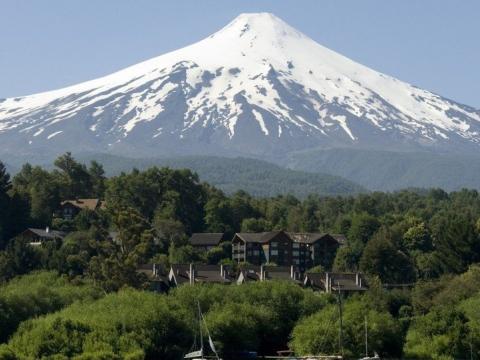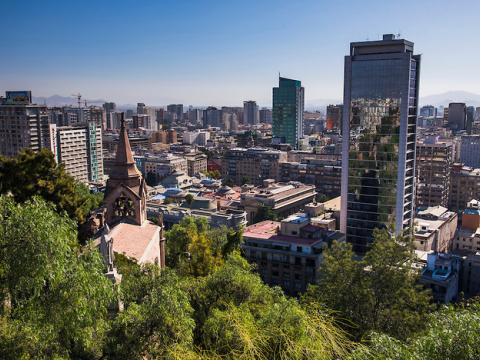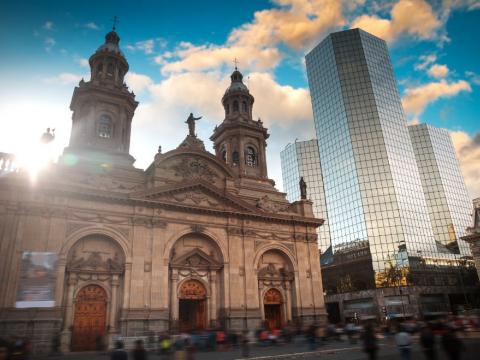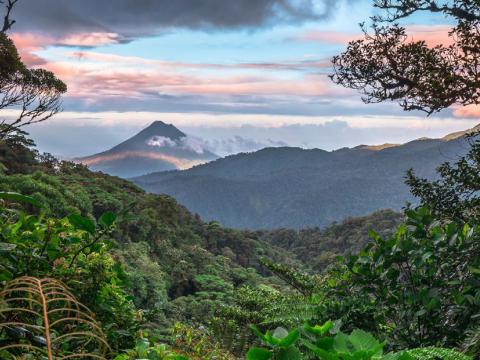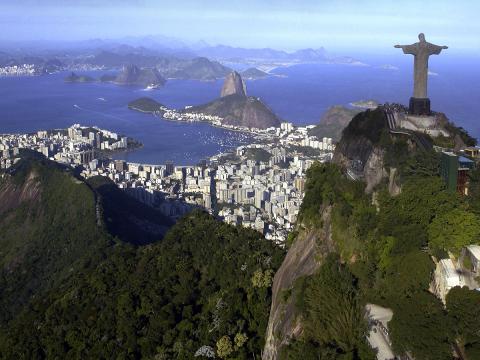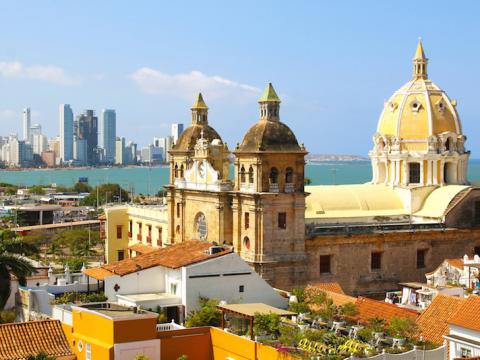Chile in a Nutshell
Chile, that long and narrow country on South America’s west coast, evokes images of rural life in Patagonia and the Andes. However, there is more to moving to Chile than its breathtaking countryside.
Chile is an incredibly diverse country, with deserts, islands, the Andes, and Antarctica to discover. Expats moving to Chile get to explore a country which stretches across three continents. While Chile's main territory is located on the South American west coast, the Easter Islands, its westernmost border, belongs to Oceania. In the south, it reaches all the way to Antarctica.
Much like its geography, Chile’s climate, which changes depending on whether you are in the north, south, east, or west, also boasts a wide range of diversity. In the north, you are likely to experience desert weather, while the Patagonian south, on the other hand, is often icy and cold, and known for its strong winds. The central zone is known for its mild and warm climate, but rainfall is more frequent.
The people
Chileans are very reserved compared to other Latinos. Not as warm as Mexicans or Dominicans but pretty nice overall. The culture of Chile reflects the relatively homogeneous population as well as the geographic isolation of the country in relation to the rest of South America. Since colonial times, the Chilean culture has been a mix of Spanish colonial elements with indigenous (mostly Mapuche) culture.
Currently, there are close to 18 million people living in Chile, roughly 90% of which live in cities and bigger towns. Chile’s capital Santiago is indeed the center of the country and home to almost one-third of the country’s population.
About 10–11% of the population belongs to indigenous groups, like the Mapuche, the largest of these groups. The Mapuche live in Chile’s Araucanía region in the south. The Aymara and Atacameño peoples can mostly be found in the northern deserts and mountains, while the Alcalufe and Yaghan live on the Tierra del Fuego. On Easter Island, unique Polynesian traditions prevail with the Rapa Nui.
The country
This is where Chile scores in my book. It's a beautiful country, especially the south. I'm talking breathtakingly beautiful. Vulcanos, big lakes, deep forrests, endless beaches (cold water, though), etc.
It's so long and there is so much stuff to do that you'll have a hard time choosing. Unfortunately, it's also very expensive to do tourist stuff there. The cheapest hostels/ Airbnb are usually around 30-40 €/night for a double room and that is in low season. In high season prices can easily triple in some locations. Be prepared to pay European prices.
Living in Chile
Expats living in Chile need not fear precarious medical situations. After all, the country has the reputation of boasting the most advanced medical care in Latin America. Throughout your life in Chile, you will benefit from modern healthcare facilities, well-trained medical staff and top-notch equipment. Although private healthcare is available as well, the country has a good public healthcare system and emergency care is always readily available.
Chile’s public health system is the National Health Fund (FONASA). Expats living in Chile who are covered by FONASA have free access to public clinics and hospitals, as well as private doctors. Because of this well-developed private sector, patients enjoy broad coverage and medical care in the field of preventative medicine. Companies which provide private healthcare are called ISAPREs. They allow greater access to private healthcare services and hospitals.
Good to know
Chile’s economy is largely dominated by foreign trade and has a reputation for strong financial institutions. Moreover, expats working in Chile may benefit from the fact that Chile received the strongest sovereign bond rating in South America. Reforms undertaken in the early 1990s strengthened the country’s economic position on the continent. Since the end of the 1990s, the economy has grown at a rate of about 5% per year.
Chile prides itself on being the country with the most bilateral or regional trade agreements in the entire world. Currently, there are 22 such agreements between Chile and 60 different countries, including China, India, South Korea, Mexico, the US, and the EU. In 2010, Chile became the first South American country to join the OECD. Chile’s economic resilience is clear considering that despite the major earthquake in 2010 and economic downturn in 2009, Chile managed an economic growth of about 5% in 2012.
Conclusion
The countryside is beautiful and well worth a visit. Chile offers lots of opportunities for foreign investors and expats keen on doing business in Chile.
Last modified on 09/29/2017 - 18:52
Regions
States
Towns
Currently there are no places in Chile.
Currently there are no articles about Chile.
Currently there are no trip reports about Chile.
Currently there are no photo of Chile.
Currently there are no videos of Chile.


